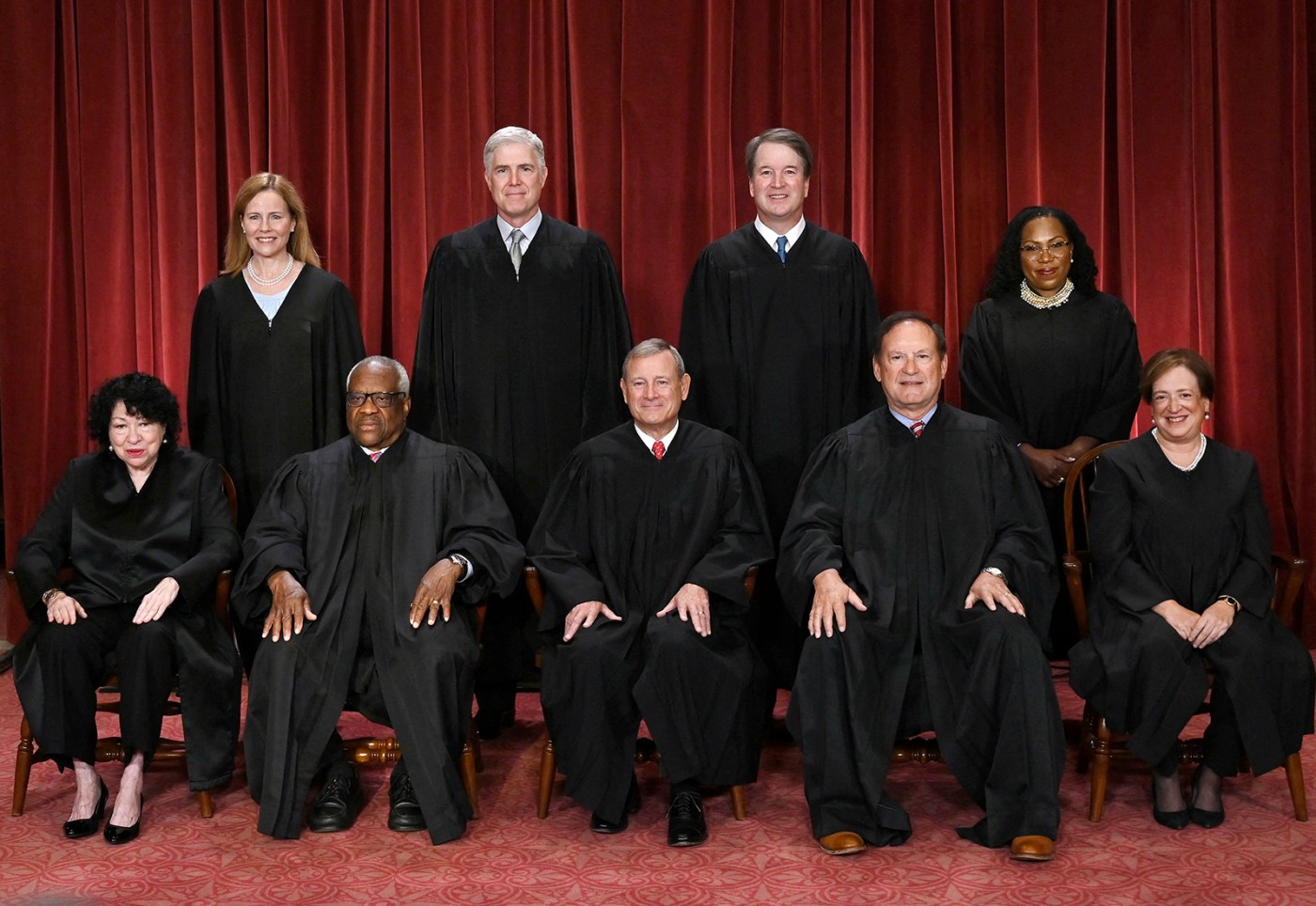
Editorial: New rules let Supreme Court keep pricey ‘hospitality’ gifts
The U.S. Judicial Conference’s Committee on Financial Disclosure, surveying the tangle of questions raised over Supreme Court Justices Clarence Thomas’ and Sam Alito’s records of receiving lavish gifts from ideologically-aligned billionaires, decided to issue some clarifications on disclosure rules for federal judges, including the Supremes.
This would have been a good opportunity to show the public that the judiciary’s oversight body takes seriously the possibility of misconduct and the need to preserve the public’s trust in the institution. Instead, the updated rules are laxer in key regards, clearing the way for judges to accept significant undisclosed donations under the guise of receiving “personal hospitality” from friends.
Amid swirling controversies around the appearance of conflicts of interest, external entanglements and lack of transparency, moving in the direction of further chipping away at requirements and easing the path for the behavior at issue to continue under cover of official sanction can only be read as a provocation and a marker that the courts’ leadership is disinterested in even appearing to avoid conflicts.
Thomas, beneficiary of millions of dollars’ worth of practically in-kind donations from the right-wing billionaire Harlan Crow, can feel free to keep having these get-togethers without worrying about subjecting himself to the prying eyes of public scrutiny.
Unlike a lot of the pretty complicated and often mind-numbingly arcane matters that the Supreme Court considers, almost any regular person would have an intuitive understanding of what is meant by personal hospitality: a friend having you over for dinner, or perhaps letting you stay a night or two at their place. Most would not understand it to mean a seldom-used country estate owned by a shell company, but that is exactly the sort of thing that the new rules would permit to happen without any disclosure whatsoever.
It would be easier to believe that all this lavishing on justices has no concerning real-world implications if the justices both hadn’t seemed so keen on keeping these patronage relationships from coming to light, and if they hadn’t embarked on a recent program of advancing policy from the bench.
Their decision in Loper Bright Enterprises vs. Raimondo overturned a longtime precedent allowing federal administrative agencies to make determinations about the application of ambiguous laws, which is now wreaking havoc across our regulatory framework.
Now, we approach the first Monday in October and another Supreme Court term that promises to be less transparent.
The other branches have no reason to accept this failure to self-police. Congress and the president have before them a range of options to constrain the court without getting into the messy business of court-packing and the like. It’s past time to remind the court that they are a co-equal branch.
New York Daily News/Tribune News Service
Editorial cartoon by Joe Heller (Joe Heller)

